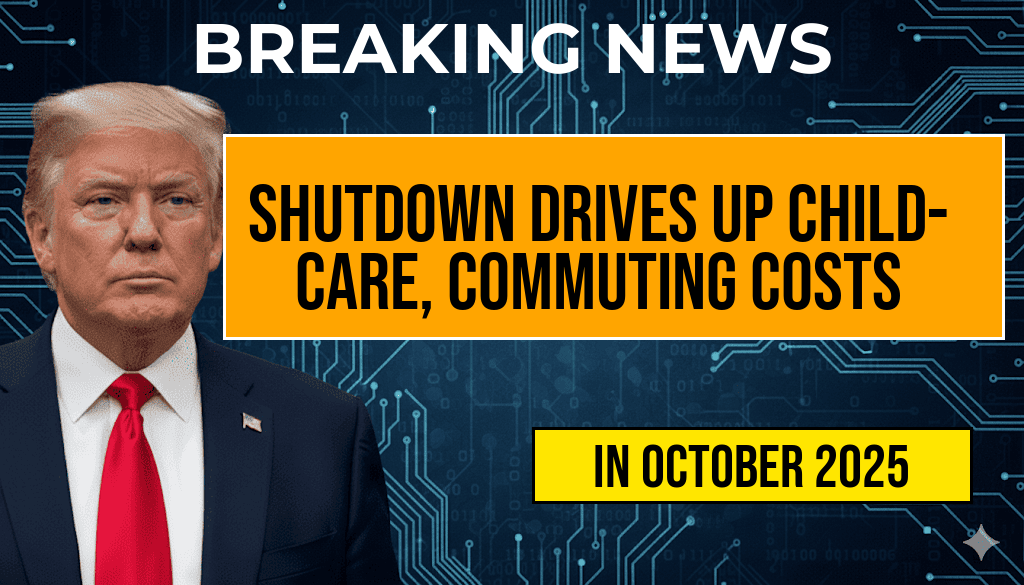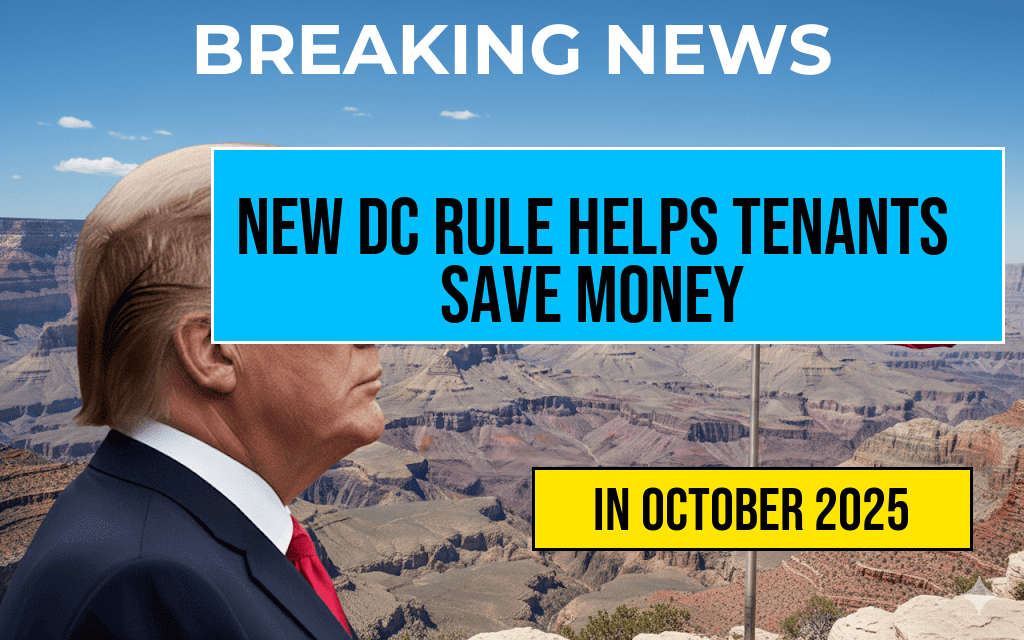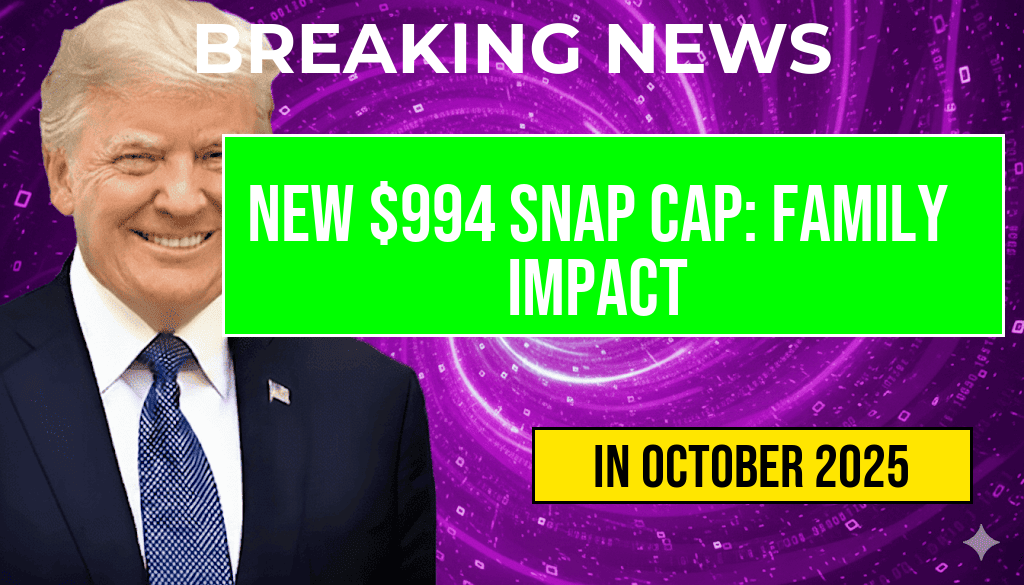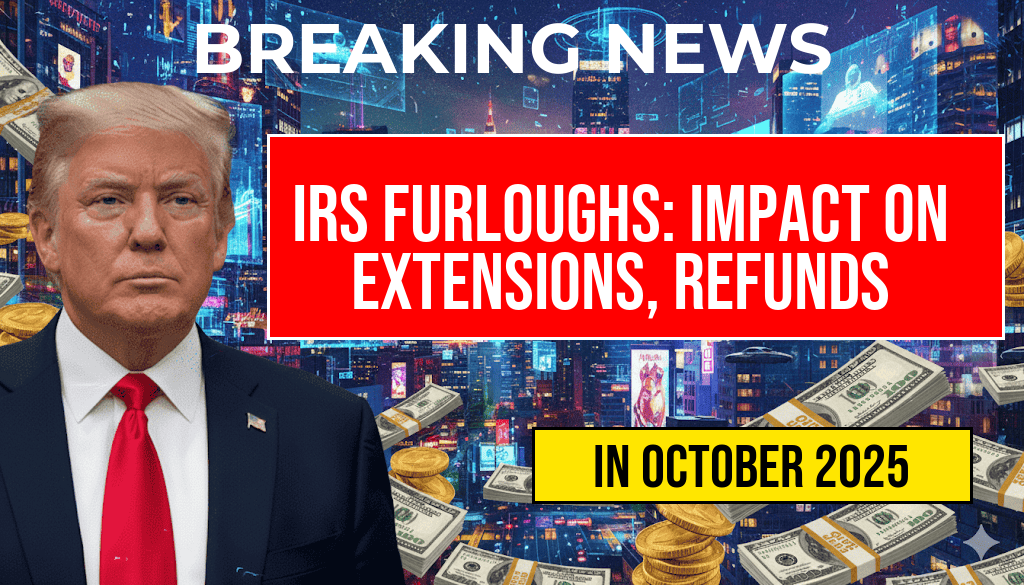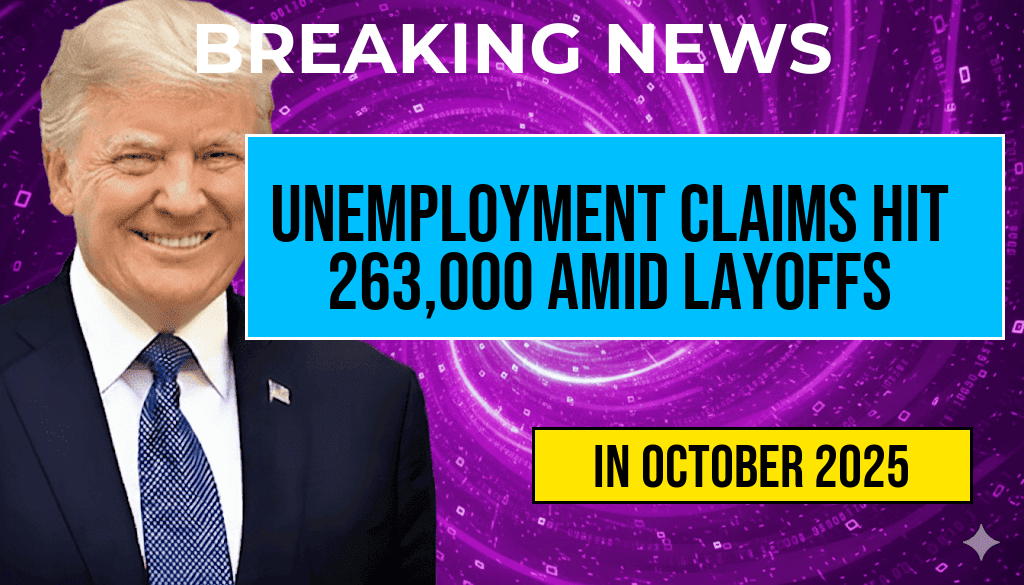In an effort to protect tenants from unexpected financial burdens, the District of Columbia has introduced a new rule aimed at minimizing surprise utility shutoff fees. This regulation, which is expected to save renters between $200 and $500 annually, mandates that utility companies provide advance notice before any service interruptions. The move comes amidst rising concerns over housing affordability and the financial strain many residents face due to unexpected utility costs. City officials believe that this proactive approach will not only ease the burden on tenants but also promote better communication between utility providers and residents, fostering a more transparent relationship.
Understanding the New Regulation
The new rule, which went into effect on January 1, 2024, requires utility companies to notify tenants at least 14 days prior to a planned shutoff. This advance notice is aimed at giving residents enough time to address any outstanding bills or seek assistance if needed. The regulation applies to all major utility providers in the district, including electricity, water, and gas companies.
Key Features of the New Rule
- Advance Notification: Utility companies must send written notices to tenants at least 14 days before any service interruption.
- Multiple Communication Channels: Notices can be delivered through mail, email, or text messages, ensuring that tenants receive the information in a timely manner.
- Exemption Criteria: Certain emergencies, such as safety hazards or natural disasters, may exempt utilities from providing advance notice.
The Financial Impact on Tenants
According to the D.C. Department of Energy and Environment, the average household could save between $200 and $500 each year due to the reduction in unexpected shutoff fees. Many residents have expressed relief at the prospect of better financial planning, especially in a city where the cost of living continues to rise.
“This regulation is a step in the right direction for tenant rights,” said Sarah Johnson, a local housing advocate. “Many families struggle to make ends meet, and unexpected utility shutoffs can be devastating. This rule provides the necessary safeguards to keep families in their homes.”
Potential Challenges
While the rule has been generally well-received, some utility companies have raised concerns about the feasibility of implementing the notification system. They argue that the administrative burden of sending notices to thousands of customers may strain their resources. However, city officials maintain that the long-term benefits to tenants justify the implementation costs.
Broader Context of Housing Affordability
The introduction of this rule comes at a time when housing affordability is a critical issue across the United States. In D.C., rising rents have outpaced wage growth, leaving many residents struggling to keep up with their bills. According to a report from the National Low Income Housing Coalition, more than 30% of D.C. renters spend over half of their income on housing costs.
Advocacy and Future Directions
Tenant advocacy groups are calling for additional measures to enhance housing stability, including rent control and increased funding for utility assistance programs. The D.C. Council is currently reviewing proposals that would provide more robust support for low-income families facing utility shutoffs.
Conclusion
The D.C. government’s new rule represents a significant advancement in tenant protections, aiming to alleviate some of the financial pressures faced by renters. As the city continues to grapple with housing affordability issues, the implementation of this regulation could serve as a model for other jurisdictions seeking to protect vulnerable populations from unexpected costs.
For more information on utility regulations and tenant rights, you can visit the Washington Post or the Nolo website.
Frequently Asked Questions
What is the new DC Notice Rule about?
The new DC Notice Rule is designed to protect tenants from unexpected utility shutoff fees, potentially saving them between $200 and $500 in costs. This regulation mandates that landlords provide timely notifications regarding utility payments to ensure tenants are aware of their obligations.
How does the rule benefit tenants financially?
The rule helps tenants avoid surprise utility shutoff fees by requiring landlords to inform them about any pending utility payments. By being aware of these obligations, tenants can take action to prevent service interruptions and the associated costs.
What should tenants do if they receive a shutoff notice?
If tenants receive a shutoff notice, they should immediately contact their landlord to verify the status of their utility payments and ensure they are informed about any related fees. Additionally, they can refer to the new DC Notice Rule for guidance on their rights and responsibilities.
Are there any penalties for landlords who fail to comply with the new rule?
Yes, landlords who do not comply with the DC Notice Rule may face penalties, including fines or other legal repercussions. This enforcement aims to ensure that tenants are adequately informed about utility payments and protect their financial interests.
When did the new DC Notice Rule take effect?
The new DC Notice Rule took effect on [insert effective date], and it is now mandatory for landlords to adhere to its provisions regarding tenant notifications for utility payments.




